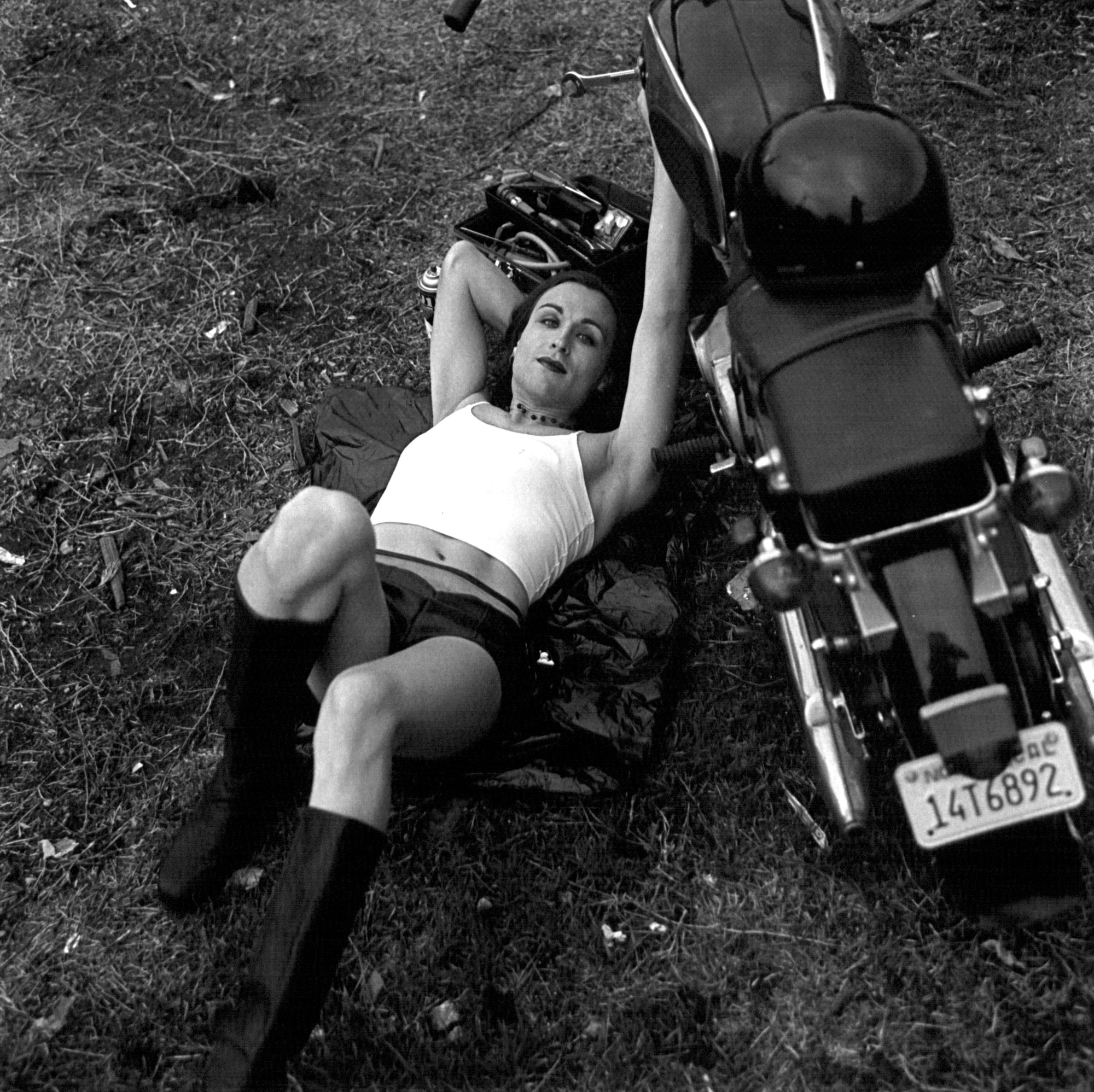Terre Thaemlitz is different. Not just because they deal with important topics such as sexuality and gender in their work, but also because they are interested in something that few of us enjoy enduring: boredom. Terre likes to confront their audience with it. How exactly, was made clear across four totally different sound performances at MaerzMusik in Berlin. If you missed that, here’s a little insight into the world of Terre Thaemlitz and their political ambient music.
The American artist lives in Japan, has founded their own record label with Comatonse Recordings, speaks regularly about gender and sexuality on panels and is one of the founding members of the deep house scene. In conversation with i-D, Terre explains why sadness and discomfort are part of life and why we need to learn to feel uncomfortable rather than run away from it.
How would you explain your work to people experiencing it for the first time?
All performances revolve around boredom as a way to listen in a more concentrated way. I think it’s pretty easy to create an entertaining environment. But when the anticipated joy doesn’t come, people quickly get frustrated. Once you’ve accepted boredom — and that takes time — you get to another kind of listening that’s no longer about entertainment. You have to work through the boredom.
What should the listener take away from your performances?
In my studio compositions I’m interested in dialogue, but when it comes to live performances, the audience’s response becomes a burden. I like it when it doesn’t always go smoothly. After one of my performances at MaerzMusik, for example, there was no reaction from the audience for 30 seconds. This peculiar break was great because I felt like they couldn’t immediately respond to what they had seen and heard. Feeling people’s discomfort was much better than applause.

What did all of your performances at MaerzMusik have in common?
Me. Producing in different genres and styles is also a metaphorical extension of my approaches to gender and sexuality as things that are multilayered, and at times in contradiction to one another. I’m more about contradictions and simultaneity — a kind of schizophrenia of multiple models of queered sexuality and gender. It’s not romantic, tribalistic, retro, or fetishistic. It’s about recognising that most people are still in a really difficult state, globally. And the way mainstream LGBT culture seeks to resolve our difficulties through heteronormativity creates new tensions, which are getting spread around the world through globalisation.

I read that you want to “uncover the hidden, unfamiliar power dynamics that shape our desire in the here and now.” Can you explain that a little bit more?
It’s basically about uncovering the social dynamics behind those things we internalise, naturalise and feel most comfortable with. For me — particularly in relation to gender and sexuality — the more a person feels comfortable with their identity, the more constructed it is. I think it’s very important to develop tools for coping with discomfort in one’s life, rather than always trying to run away from it, because we’re all uncomfortable. We are all unhappy.
Would you say that we should move out of our comfort zone to feel more uncomfortable?
I think life is uncomfortable for everyone. Capitalist societies try to tell us that happiness is a lifestyle choice. That false promise wouldn’t be marketable if people actually were happy. So it’s not about pushing oneself to become something, it’s more about trying to find the cultural, linguistic and ideological tools to more directly address an inescapable reality. If we accept the fact that discomfort and unhappiness are actually a part of existence, what does it mean in terms of our social organisation strategies if we are no longer focused on the fantasy of escaping misery, but actually responding to it in more honest and direct ways? It’s more important to find ways to live with it, rather than constantly trying to suppress it.
This article originally appeared on i-D DE.
